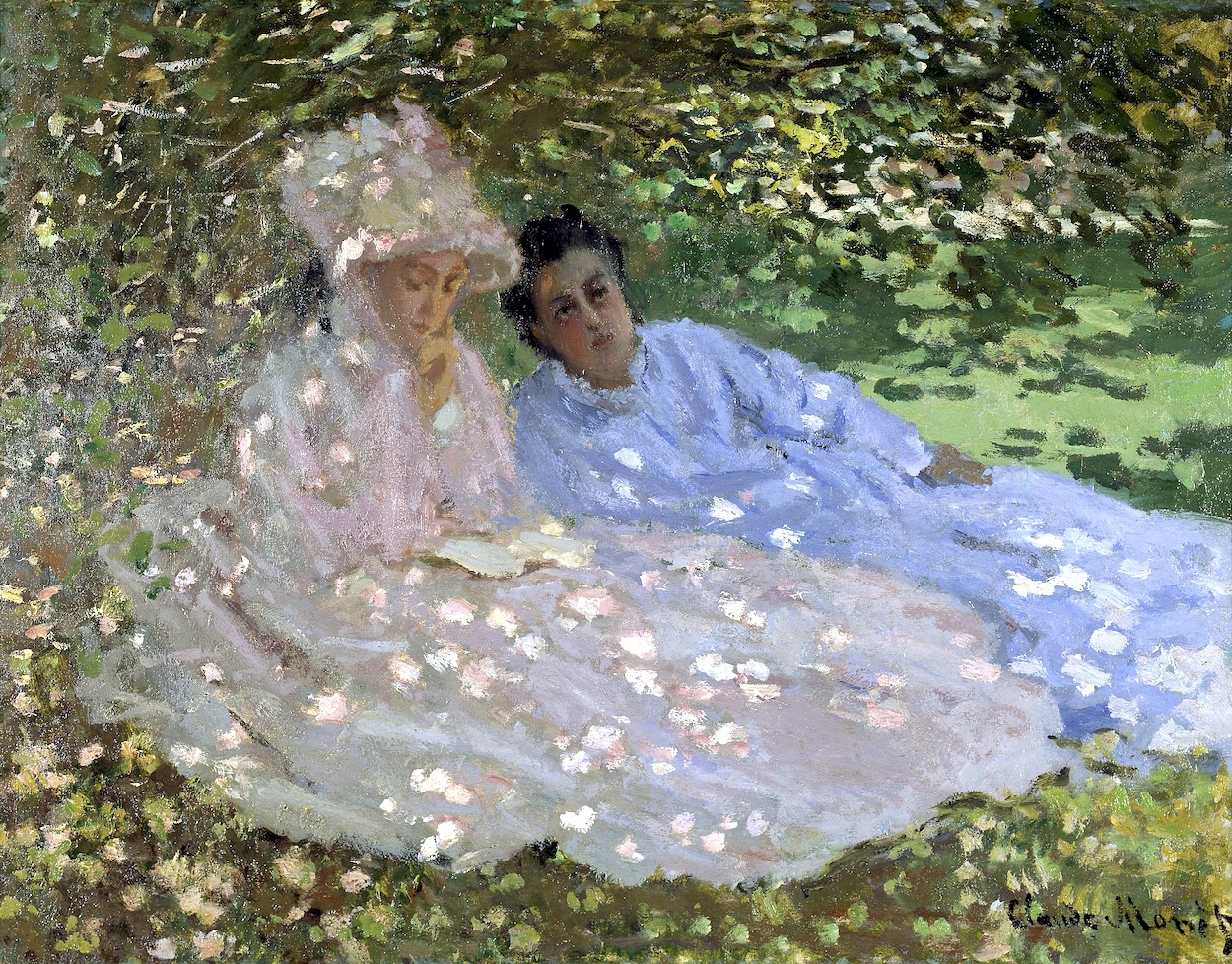I like to think of myself as good at making friends. I tend to rank them. There are kindred spirits (rare), very good friends (perhaps five at the most), and good (ten or more). Friendships, like plants, need looking after; they require time and attention. One rank below friends are acquaintances. Acquaintances add warmth and comfort to life but are not essential. You can abandon an acquaintance without much compunction. But good friends nurture the heart and soul and are therefore vital. Kindred spirits? By them you know you’re not alone, not mad, not a terrible person and, amazingly, that you’re loved.
I think back to childhood when the need for a best friend was absolutely paramount. I suppose it’s an early version of wanting a mate. Finding and keeping a best friend was mostly very difficult, sometimes traumatic. I remember being drawn to a girl called Penelope, mainly for her name and her glossy, ribboned bunches. She was way outside my league, possessing shine and polish I could never emulate. Then there was Dottie. Dottie was podgy and earnest, had a crush on a sixth-former and tried to woo me with biblical picture cards, each with a gospel message.
Even if you got it right – found a match, someone simpatico – a best friend could be stolen (you’d be discarded), could go off with an Other or be so popular that you’d fade into a dull nobody. My teenage best friend – let’s call her Jan – was ahead of me. Her’s was a precocious puberty. She was sexy, blonde, and had terrific legs which now saddled the back of many a boy’s motorbike. And as if that wasn’t enough, she had a baby sister and a dad who was a sea captain. (You can love and envy of your best friend – it goes with the territory.) I think I only managed to keep Jan as my best friend by falling in unrequited love with a boy from the grammar school, so at least we had something to talk about and she could advise. Perhaps giving advice can be the cement of a friendship. Mine with Jan lasted until I married – she was a bridesmaid – then we went our separate ways, though Christmas cards survived. I suspect in the early days of marriage, friendships aren’t quite so important (one is busy turning a lover into a friend), so it’s a time when many teen friendships fail. Thinking of Jan makes me realise that physical attraction plays quite a large part in friendship, even though one would like to think that it didn’t.
I met my first kindred spirit when I was in my late twenties and 50 years later that bond of kinship is still there. Actually, Becky (not her real name) recognised me. Recognition is key in the finding of kindred spirits. Becky taught me how. It’s something one’s antennae learn to pick up on. I have a number of very good friends but only one other kindred spirit. A lucky find, late in life.
Of course, I’ve been talking of female friendships. It’s long been recognised that women are better at friendship than men. Or is it simply that the nature of those friendships is different? Does male friendship depend on a shared sport? Do you have to play golf, fish or climb a mountain? Do female friendships depend on morning coffee, or afternoon tea, or most importantly, a baby? I suspect that the difference between male and female friendships has to do with intimacy.
Just occasionally the thing works as a foursome – with sexual attraction somehow always being latent
I do have male friends, though somehow they are mainly literary and exist more on paper than in person. My best male friend was the poet William Scammell, who died in 2000. We wrote to each other for years and met irregularly – but importantly – in each other’s homes. Perhaps poetry in some way opens the door to intimacy. Both my kindred spirits have – indulge me – poetic souls.
Even trickier than a friendship between a man and a woman is the friendship of couples. You know the score: the men bond but the women don’t. Or vice versa. Just occasionally the thing works as a foursome – with sexual attraction somehow always being latent.
Mostly, one allows friends all manner of faults, wrongdoings, bad manners or behaviours unacceptable in non-friends. Only twice in my life have I broken a friendship and done so without explanation – although the explanation was that the friendship had become unbearable to me. In both cases a line had been crossed, a very personal offence taken that was more to do with an intolerance in me than any moral misdemeanour on the friend’s side.
Recently, it happened again. After spending an hour with this now-excommunicated friend, I had the deeply visceral feeling that I never wanted to see her again. The reason didn’t and doesn’t matter; the feeling was so strong as to be an aversion. I think it would be impossible to tell her and I don’t intend to try. I shall just be unavailable often enough for her to get the message. Awful. Cowardly. Unkind. I know.








Comments